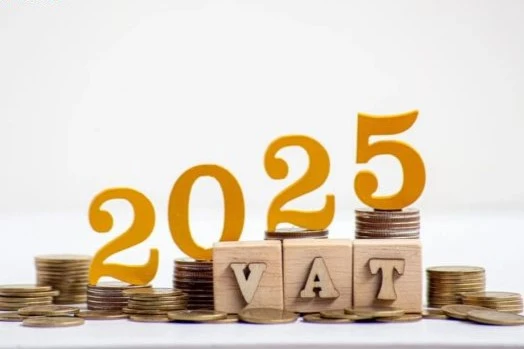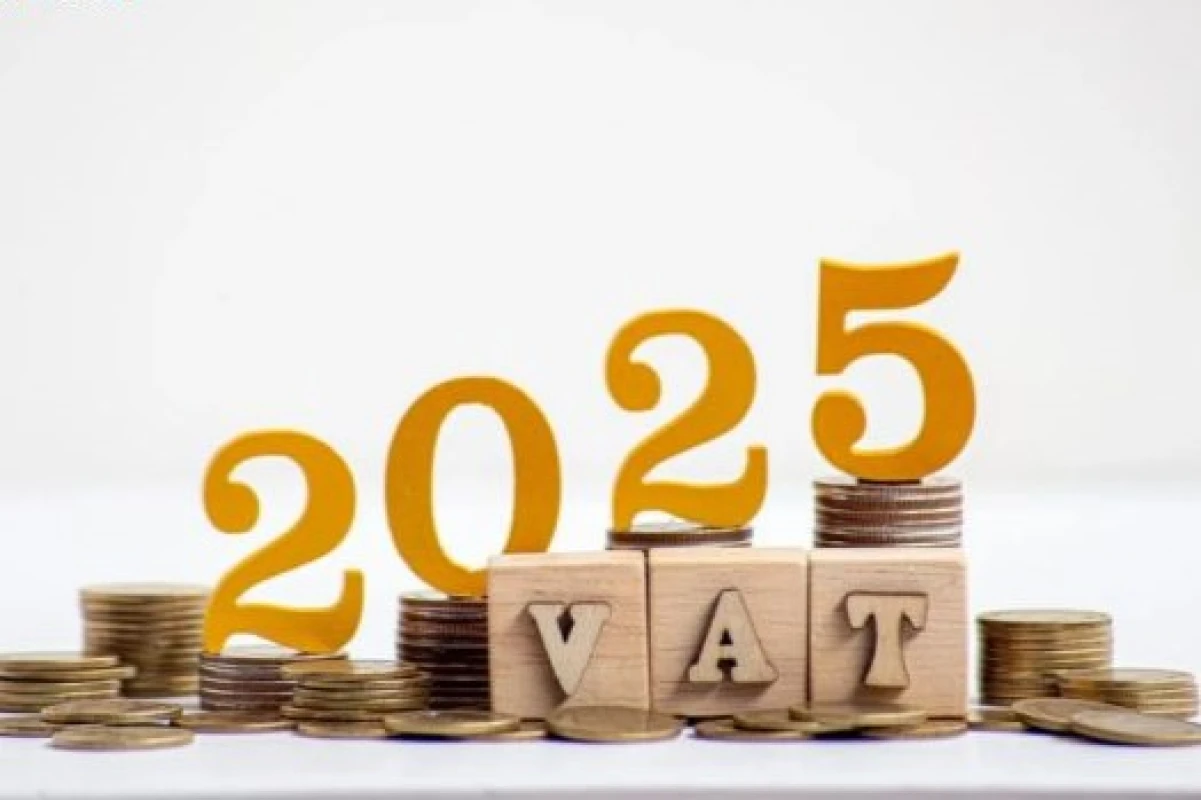In the context of a rapidly developing economy, taxation plays a vital role in regulating economic activities, generating government revenue, and ensuring social equity. For students majoring in Business Administration, a solid understanding of the tax system is essential for managing businesses effectively and in compliance with the law. So, what is the Taxation course, and why is it important in Business Administration education?
1. What is the Taxation Course?
The Taxation course provides both fundamental and advanced knowledge about various types of taxes in Vietnam’s legal system, including:
- Value Added Tax (VAT)
- Corporate Income Tax (CIT)
- Personal Income Tax (PIT)
- Special Consumption Tax
- Import and Export Taxes, etc.
The course also helps students understand the principles of tax calculation, tax declaration, finalization procedures, and how to handle real-life tax-related issues in businesses.
2. The Role of Taxation in Business Administration
In the business world, companies must deal with various taxes. Therefore, the Taxation course is crucial in helping students:
- Understand and comply with tax laws: Minimize legal risks in business operations.
- Optimize tax costs: Through legal tax strategies, businesses can reduce expenses and increase profits.
- Support financial planning: A solid grasp of tax regulations aids in budgeting and forecasting costs and revenues.
- Enhance competitiveness: Businesses with good tax strategies gain a strategic edge in the marketplace.

3. What Will Students Learn in the Taxation Course?
Key topics covered in the course include:
- Tax theory and application principles;
- Vietnam’s tax system and international taxation;
- Calculation, declaration, and payment of common taxes;
- Analysis of taxation’s impact on business operations;
- Practice with tax forms, tax software, and finalization procedures;
- Case studies and handling tax-related issues in real business scenarios.
In addition to technical knowledge, students will develop analytical thinking, legal document interpretation, and the use of technology in tax and accounting practices
4. Career Opportunities Related to Taxation
After graduation, students can pursue various career paths in the field of taxation, such as:
- Tax and accounting specialist in businesses
- Tax consultant at financial service or auditing firms
- Tax declaration and finalization officer
- Tax officer in government agencies
- Corporate finance and tax advisor
The Taxation course is an essential component of the Business Administration curriculum. It equips students not only with theoretical knowledge but also with practical skills that are highly applicable in their future careers. In today’s globalized business environment, understanding and utilizing tax policies effectively can be a major competitive advantage for any business manager.

